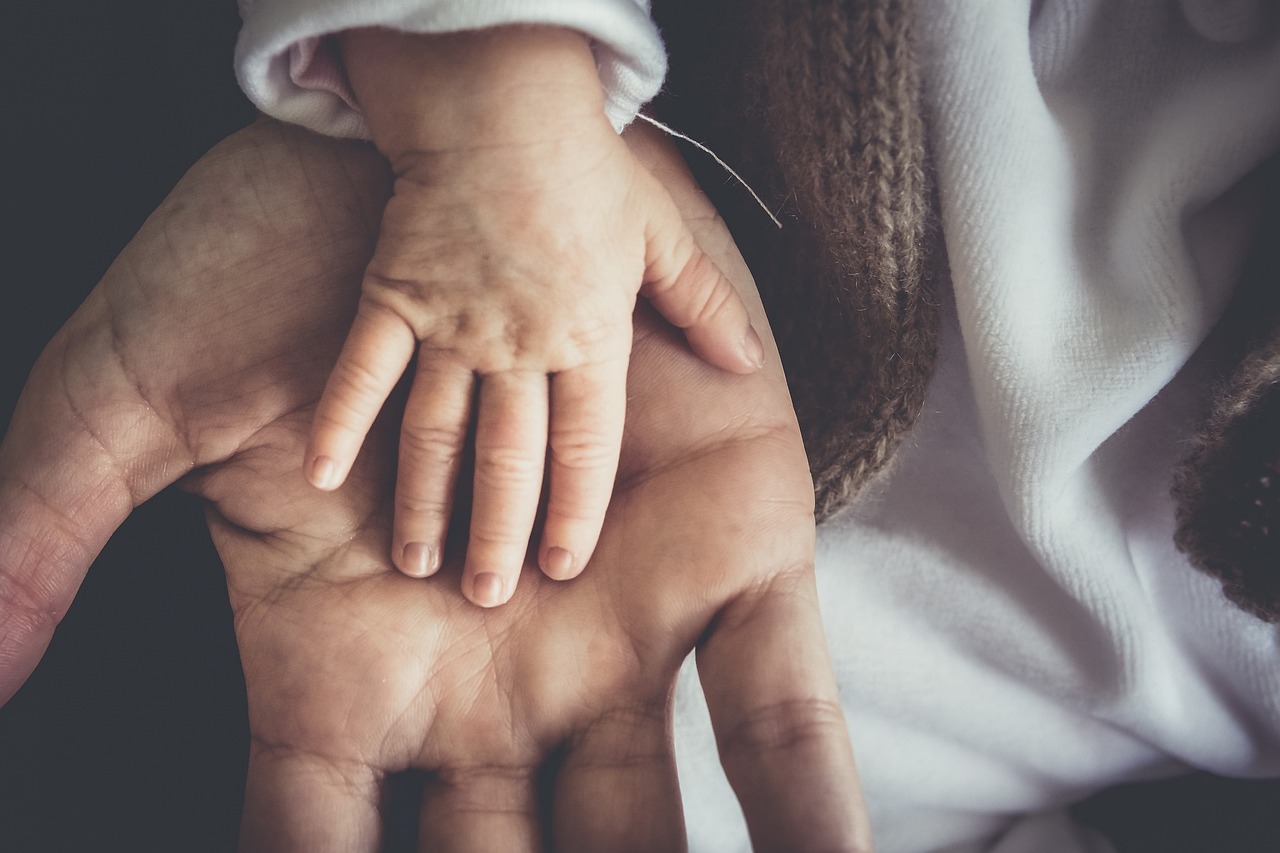
How Everyday Interactions in Childhood Shape Our Adult Lives
How Everyday Interactions in Childhood
Shape Our Adult Lives
Childhood wounding isn't always the result of significant traumas; it often stems from subtle, everyday interactions and the unintentional behaviors of the adults around us. These unseen scars may arise from negative, accusing, or condescending talk from parents, siblings, or teachers, significantly affecting children and hindering them in their adult lives. In this article, we'll explore how these subtle forms of childhood wounding unfold and their long-term impact.
Unconscious Parenting and Its Impact
Much of childhood wounding can result from unconscious parenting. Parents or caregivers may not realize the lasting influence their words and actions can have on a child. For example, a parent who frequently criticizes or belittles their child may believe they are motivating them to improve. However, the child may develop feelings of inadequacy and low self-esteem instead.
The Power of Words
Words have a profound impact on children. When a child is often the recipient of negative talk—be it accusing, condescending, or dismissive—they may internalize these messages as truths about themselves. For instance, a parent saying "You're so lazy" can lead a child to believe this label, affecting their self-worth and motivation well into adulthood.
Sibling Dynamics
Sibling relationships can also be a source of unseen wounding. Constant comparisons or rivalry instigated by parents can foster jealousy, resentment, and feelings of inferiority. Even seemingly harmless teasing can leave lasting emotional scars if it reinforces negative beliefs about oneself.
Influences from Teachers
Teachers hold significant influence over a child's developing mind. Negative feedback or public criticism in the classroom can damage a child's confidence and perception of their abilities. A teacher's condescending tone or dismissive attitude, even in minor incidents, can foster a sense of incompetence and fear of failure.
Long-Term Effects on Adulthood
Self-Esteem and Self-Worth
Children who frequently encounter negative or hurtful interactions can grow up with diminished self-esteem and self-worth. These individuals might struggle with feelings of inadequacy, underachievement, and may constantly seek external validation.
Relationships
The effects of childhood wounding often manifest in adult relationships. An adult who endured frequent criticism or belittlement in childhood might find it challenging to form healthy, trusting relationships. They may have difficulty asserting themselves or setting boundaries, leading to imbalanced and unhealthy connections.
Professional Life
The professional realm is not immune to the impacts of childhood wounding. Adults carrying childhood scars may experience impostor syndrome, fear of criticism, or a pervasive sense of inadequacy in their careers. These feelings can hinder career advancement and job satisfaction.
Conclusion
Understanding that childhood wounding isn't limited to major traumas opens our eyes to the profound effects everyday interactions can have on a developing mind. Unconscious parenting, negative talk, sibling dynamics, and teacher influences all play critical roles in shaping a child's perception of themselves and their capabilities. Recognizing and addressing these subtle forms of wounding can lead to healthier, more fulfilling adult lives.